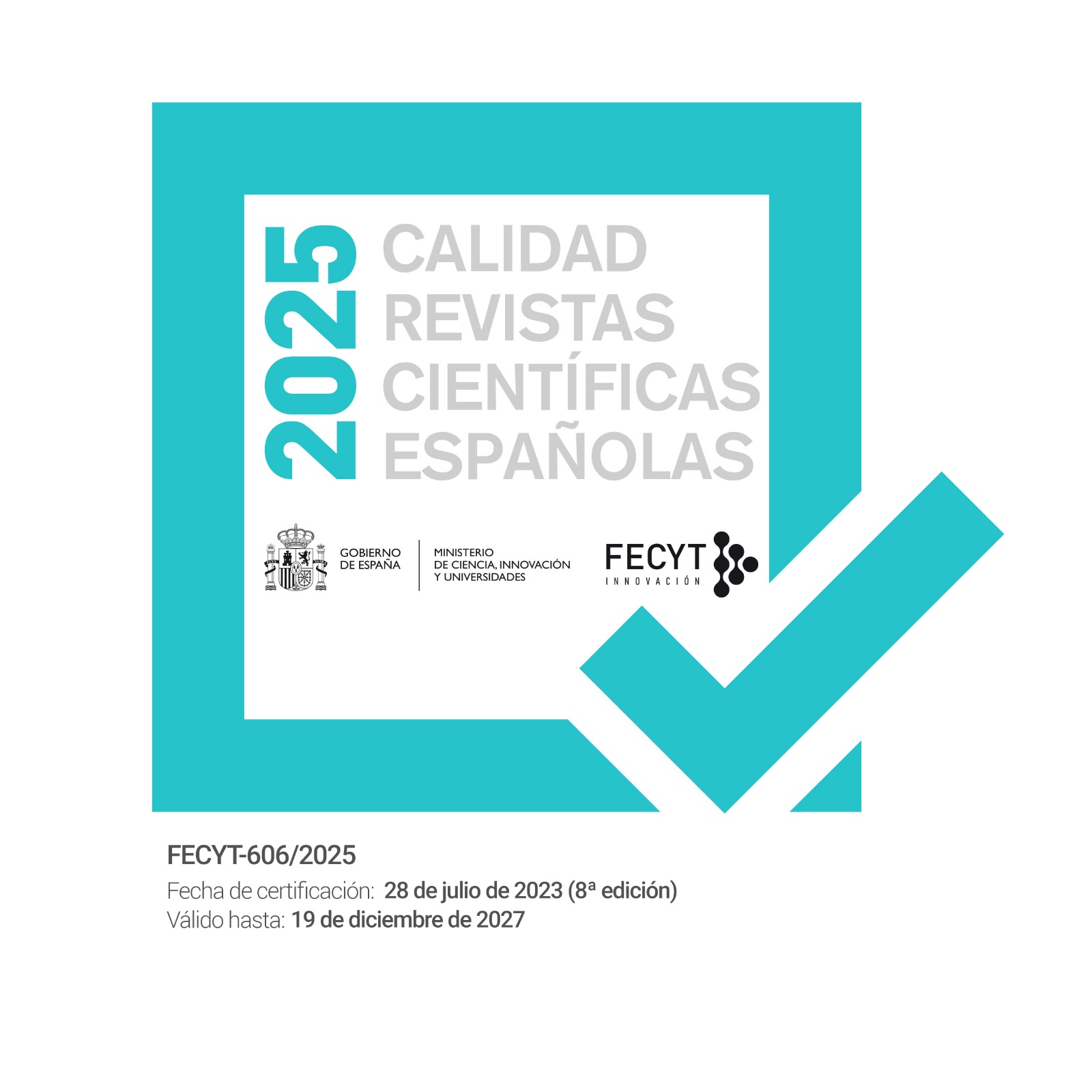The rise of dangerousness in the Spanish criminal law (1870-1931)
The case of insane offenders: Medical experts vs. judges and criminal lawyers?
Keywords:
The positivistic school of criminal law, dangerousness, insane offenders, criminal responsability, lawyers, judges, medical doctorsAbstract
Positivistic theories defended that criminals had no responsibility of their acts because they were notably determined by their inclinations. Such theories were received not only in social sciences, but also – and above all – in the medical sciences. This article describes how the criminal responsibility of insane offenders became controversial in the late nineteenth and early twentieth centuries in Spain due to the reception of the positivistic school in Europe. In doing so, doctrinal sources and scholarly controversies between medical experts and criminal lawyers are studied (1870-1931).
Downloads
Downloads
Published
How to Cite
Issue
Section
License
Copyright (c) 2023 GLOSSAE. European Journal of Legal History

This work is licensed under a Creative Commons Attribution-NonCommercial-NoDerivatives 4.0 International License.
Creative Commons Reconocimiento-NoComercial-SinObraDerivada 4.0 España (CC BY-NC-ND 4.0 ES)




